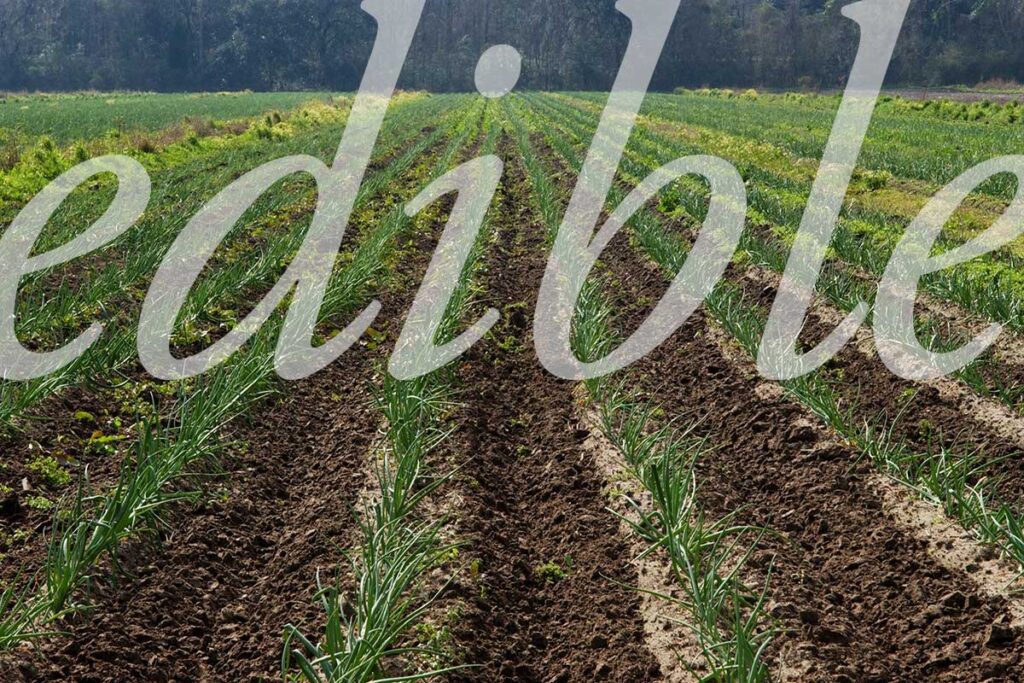
Wagyu (waa – goo) “Wa” means Japan and “Gyu” means cow, put them together for Japanese beef cattle. Indeed the venerated holy grail of beef and the most sought after beef in the world. Used to be hard to find, and even harder to afford. Until the 1970’s Japan was very strict about not only exporting Wagyu (finished product) but their Japanese cattle.
However for 20 years following 1975, Japan has allowed a small number of cattle to be exported. This meant that some lucky American cattle breeders got a select number of Japanese black cattle, so now we have not only 100% fullblood Wagyu beef cattle, but also several crossbreeds. Wagyu is most often crossed with Angus, and USDA regulations require only 46.9% Wagyu genetics for beef sold at retail to be labelled Wagyu.
Let’s go back to 1975 for a minute when Japan began exporting Wagyu genetics to the US in order to produce high quality Wagyu beef cattle herds. The ultimate goal of this was to not provide the US with Wagyu but to actually send the cattle and beef back to Japan. By the late 1990’s, the government banned all export of Wagyu genetics because it was their “National Treasure”. Thus, since 2009 almost no beef product has been exported. From the few animals and genetics exported over those first 20 years, small herds and successful breeding operations were born. By 2017 there was only an estimation of 26,000 or so Wagyu cattle in the US that met the Fullblood standards. This means that within the entire cattle population in the US, the Fullblood Wagyu makes up only .029%.
Typically found in fine dining restaurants at a premium price, Wagyu melts in your mouth. This is because of the marbling. The fat in the Wagyu is more evenly distributed throughout the intramuscular fat than in other types of beef. Maybe because it’s 20% fat, well above the standard 3% for other cuts of beef. Wagyu is graded on marbling, color, firmness, texture, and fat quality. During their life, Wagyu cattle must be fed–only rice plants, wheat and hay, as well as have ample room to roam. The stress level of the cattle is the utmost of importance throughout a cattle’s life. Because of this, raising superior cattle means maintaining health and comfort.
While American farms meet these conditions as best as they can between both Wagyu and cross-breeds, it’s not as intense as Japan guidelines. This means even with a slight change in conditions, the product can end up vastly different.
You can find Waygu beef at the following farms:
Elk River Waygu
Black Hawk Farms
TN Grass Fed
The Fly Farm